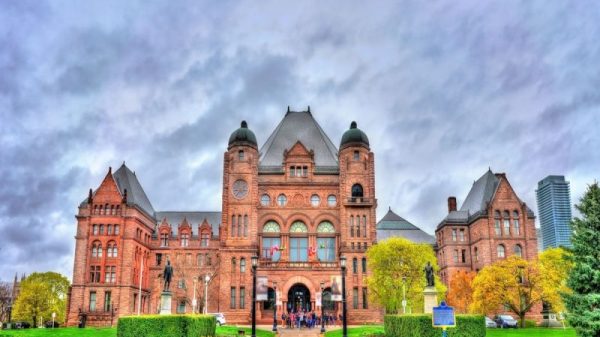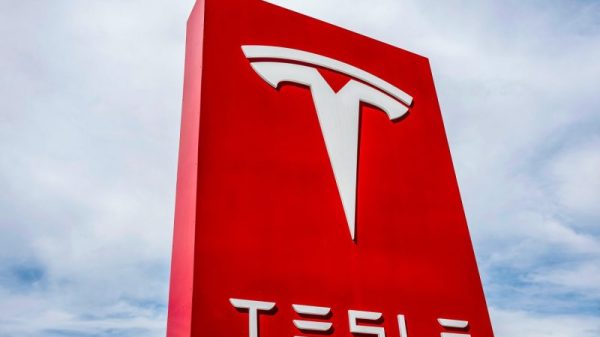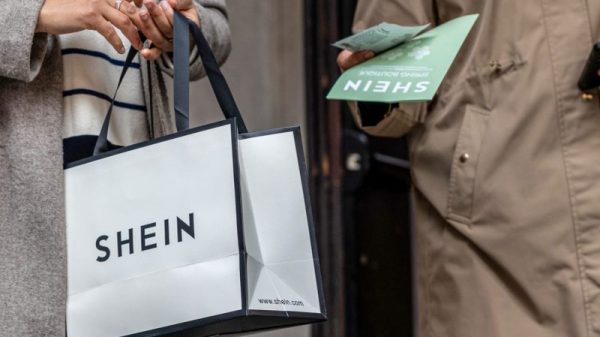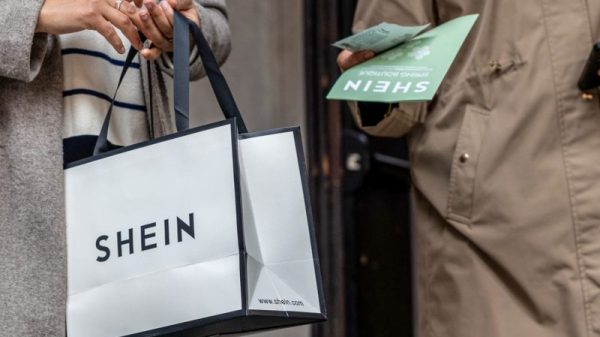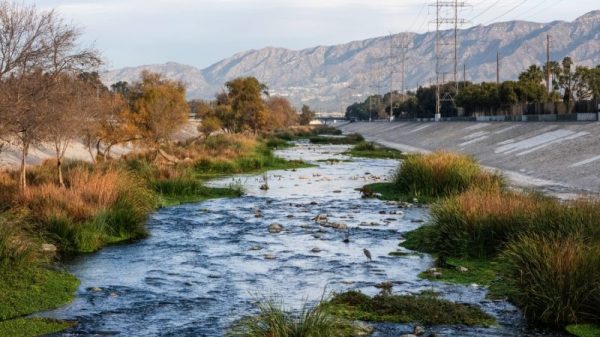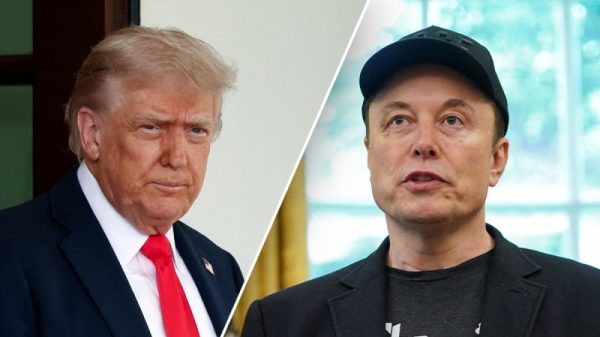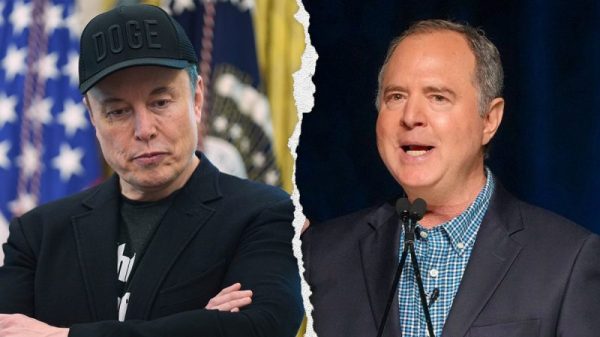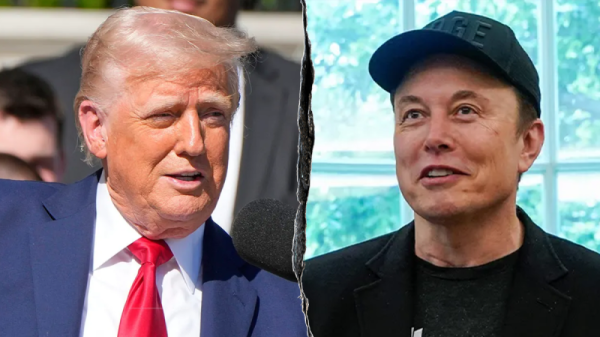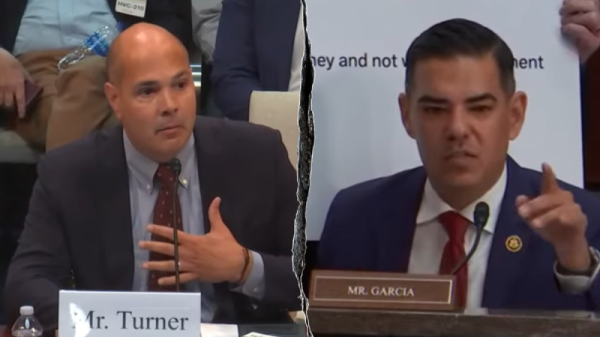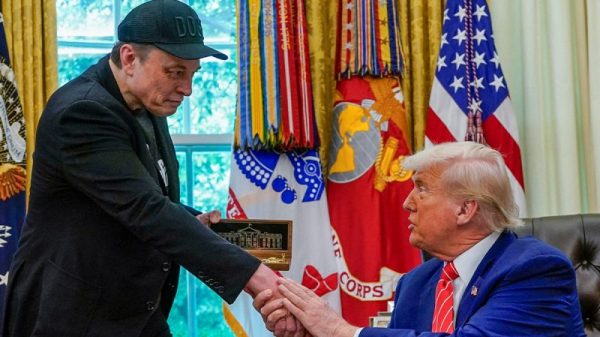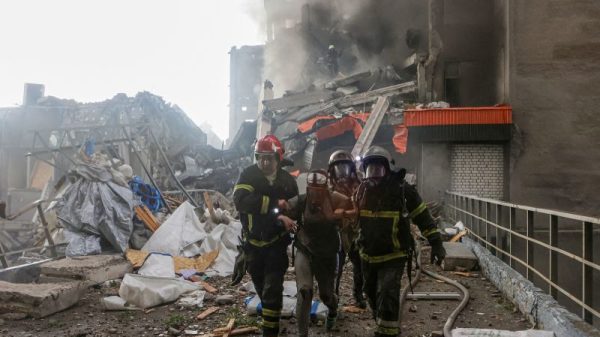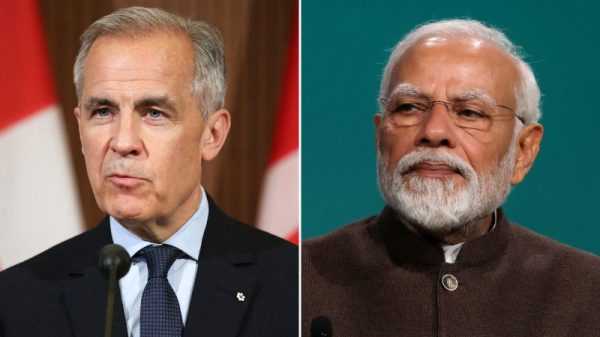Donald Trump’s first event of his 2016 bid for the Republican presidential nomination was his announcement speech in the bowels of Trump Tower. Particularly by the standards that would emerge over the rest of his campaign, it was a chintzy affair, with paid attendees sporting janky “Make America Great Again” T-shirts. There were no red hats but lots of homemade signs.
By November 2020, everything had been fine-tuned and polished. Trump would fly in to a city, hold an event and fly away. The audience was generally garbed in MAGA red; the people behind him often had campaign-created signage they’d wave around.
Part of the in-and-out nature of Trump’s events in that cycle was a function of the pandemic; many of the events were held outside at airfields to accommodate local regulations about large gatherings. But part of it, too, was because this is how Trump campaigned. He came into the race on June 16, 2015, as a celebrity. He didn’t need to introduce himself to people in diners in New Hampshire or at the Iowa State Fair. All he needed to do was convince Republicans that he was legit as a candidate, and he did.
This pattern of Trump’s campaign efforts is important to remember as Trump’s calendar in early 2024 gets more crowded.
On Monday, U.S. District Judge Tanya S. Chutkan announced that Trump’s trial on his second federal indictment would begin on March 4. Experienced political watchers quickly pointed out that this is the day before the nominating calendar’s “Super Tuesday,” a day on which voters in 15 states will finalize their picks for the Republican nomination in 2024.
This is only one of the legal issues cluttering Trump’s day planner, of course. There are three other indictments against Trump jockeying for position on his calendar. Later that month, he’s slated to go on trial in Manhattan on charges he falsified documents as part of an effort to cover up an alleged affair before the 2016 election. Then, in May, his trial on federal charges in Florida is scheduled to begin. All as he tries to win those nominating contests!
But, again, Trump is not a normal candidate and this is not a normal election cycle.
Even in 2015, he held far fewer events than his competitors. Data compiled by the National Journal over the course of the campaign shows that the first month in which he held more campaign events than his top rivals for the nomination was in March 2016, after several had already dropped out. Sen. Ted Cruz (R-Tex.) held twice as many events in January 2016 as Trump did.
Again, this was in part because Cruz needed to make more of an impression on voters. It was also, in part, because candidates like Cruz needed to hold more fundraising events than Trump. Cruz’s effort worked to the extent that he squeaked by Trump in the Iowa caucuses (to Trump’s enormous irritation). But Trump won the nomination.
There was no real 2020 primary contest on the Republican side, and the general election looked different from four years prior both because Trump was the sitting president and because of the coronavirus. But this primary will look different from 2016, too.
For one thing, Trump is now even better known as a political entity than he was then. His support in the Republican primary contest is higher on average than it ever was in the 2015-2016 cycle. In 2016, Trump consistently landed below 50 percent in primary voting even as he received the most votes, slowing his path to clinching a majority of delegates. If polls hold — which they certainly seem likely to, at this point — his path to the nomination will be easier than it was then, not harder. Inconveniences such as court hearings will therefore be less of an obstruction than they would have been eight years ago.
But then there’s the nature of Trump’s campaign events. It seems likely that he’ll often continue to follow the fly in, hold a rally, fly out pattern he put to use in 2020. (He lost that year, of course, but good luck telling him that.) Expect relatively few Manchester Republican Club luncheons but a lot of flying into Columbia, S.C., at 7 p.m. to riff for 90 minutes to a cheering crowd. That he’s repeatedly established The Rally as the apex of political activity makes a continued reliance on rallies easier. A continued reliance on rallies — scheduled at his convenience, with no complicated lineup — makes his calendar easier.
This certainly doesn’t mean that Trump will not present his legal cases as an inconvenience; quite the opposite. Expect Trump to place a particular emphasis on the way in which his court cases affect his ability to raise money, necessitating that his supporters keep sending in checks. The real constraint that his legal travails will put on his campaign, it seems, are economic ones.
There is one other thing to keep in mind. By mid-March, more than half the delegates up for grabs in Republican nominating contests will have been allocated in primaries or caucuses, according to the delegate-tracking site the Green Papers. Because the Republican process is designed to facilitate a victory by a leading candidate with more winner-take-all or winner-take-most contests, it’s quite possible that, within a week of his first trial date in D.C., Trump will have the nomination nearly wrapped up.
Then the question becomes whether a Republican nominee sitting as a criminal defendant in multiple jurisdictions can win in November.




